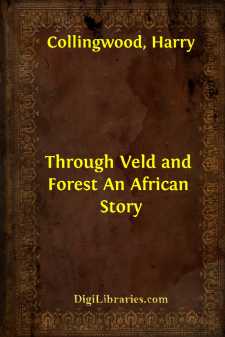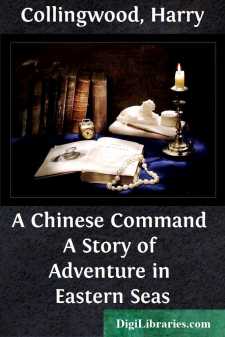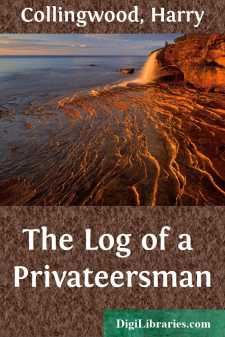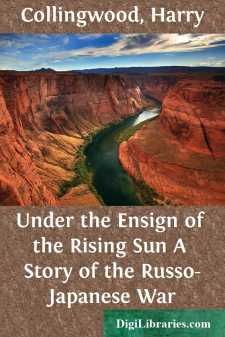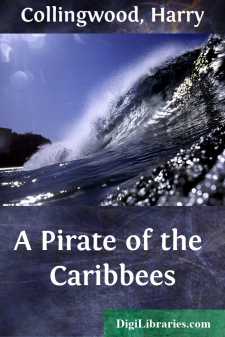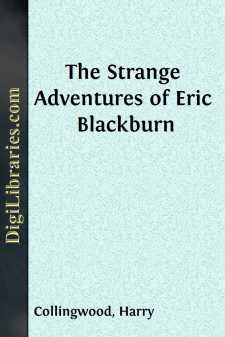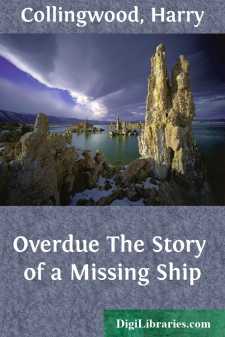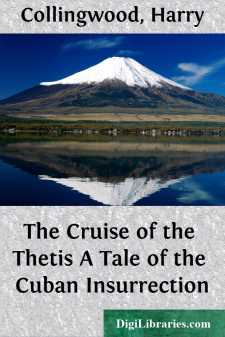Categories
- Antiques & Collectibles 13
- Architecture 36
- Art 48
- Bibles 22
- Biography & Autobiography 813
- Body, Mind & Spirit 142
- Business & Economics 28
- Children's Books 17
- Children's Fiction 14
- Computers 4
- Cooking 94
- Crafts & Hobbies 4
- Drama 346
- Education 46
- Family & Relationships 57
- Fiction 11829
- Games 19
- Gardening 17
- Health & Fitness 34
- History 1377
- House & Home 1
- Humor 147
- Juvenile Fiction 1873
- Juvenile Nonfiction 202
- Language Arts & Disciplines 88
- Law 16
- Literary Collections 686
- Literary Criticism 179
- Mathematics 13
- Medical 41
- Music 40
- Nature 179
- Non-Classifiable 1768
- Performing Arts 7
- Periodicals 1453
- Philosophy 64
- Photography 2
- Poetry 896
- Political Science 203
- Psychology 42
- Reference 154
- Religion 513
- Science 126
- Self-Help 84
- Social Science 81
- Sports & Recreation 34
- Study Aids 3
- Technology & Engineering 59
- Transportation 23
- Travel 463
- True Crime 29
Through Veld and Forest An African Story
Description:
Excerpt
Vague Hints of possible Trouble.
The blazing midsummer sun of South Africa had sunk to within a hand’s breadth of the ridge of the southern spur of the Tandjes Berg, softly outlined in blue some forty miles distant on the western horizon, when I, Edward Laurence, having taken a long afternoon ride round the farm to assure myself that the sheep were being properly looked after, arrived within a mile of my home—the long, white, one-storey thatched house picturesquely perched yonder on a mound which formed one of the southern spurs of the Great Winter Berg.
The house—which, together with the farm of two thousand five hundred and sixty acres, was known as Bella Vista—was the property of my father, Henry Laurence, ex-colonel of the —th King’s Own Regiment of Dragoon Guards; and he had purchased it some fifteen years prior to the date upon which this story opens, having been so severely wounded during the battle of Waterloo as to necessitate his retirement from the army. His retirement, of course, left him without an occupation; and as he was then still quite a young man, being only thirty-three years of age, as soon as he had recovered from his wounds—so far as recovery then seemed possible—he began to cast about for something to do. It was at this juncture that he made the acquaintance of a Miss Violet McKinnon, the lovely daughter of an impecunious Scottish laird, and fell desperately in love with her; and as my father happened to be a strikingly handsome and attractive man his affection was speedily returned, and marriage quickly followed. To marry under such circumstances was perhaps something of an imprudence, for my father had nothing but his pension, while his bride—sixteen years his junior—had nothing but her trousseau; but the pair turned a deaf ear to all advice and remonstrance, with the result just mentioned, when of course it became more imperatively necessary than ever for the ex-colonel to discover some means of earning a living, especially as I was born within a year of the date of the marriage. The state of his health demanded that the occupation chosen should enable him to live an outdoor life: and farming at once naturally suggested itself.
Then, in the nick of time, he made the acquaintance of a Mr William Arbuckle, a friend of his father-in-law, and a South African sheep farmer, home for a holiday; and this man strongly urged him to emigrate to South Africa and take up sheep farming. The idea powerfully appealed to my father from the very first, and the upshot was that, after due enquiry into details, my parents took the decisive step and—my father having commuted his pension—sailed for South Africa, of course taking me with them. This event occurred early in the year 1818. Arbuckle returned to South Africa in the ship which took us out; and at his urgent invitation we became his guests for a short time upon our arrival at the Cape. But the warm-hearted Scotchman’s kindness did not end there; he instituted enquiries, and eventually learned that a certain small farm, known as Rooikop, in the Albany district, was for sale, the Dutchman who owned it being averse to the British rule and intending to move up-country beyond the borders of the colony....


